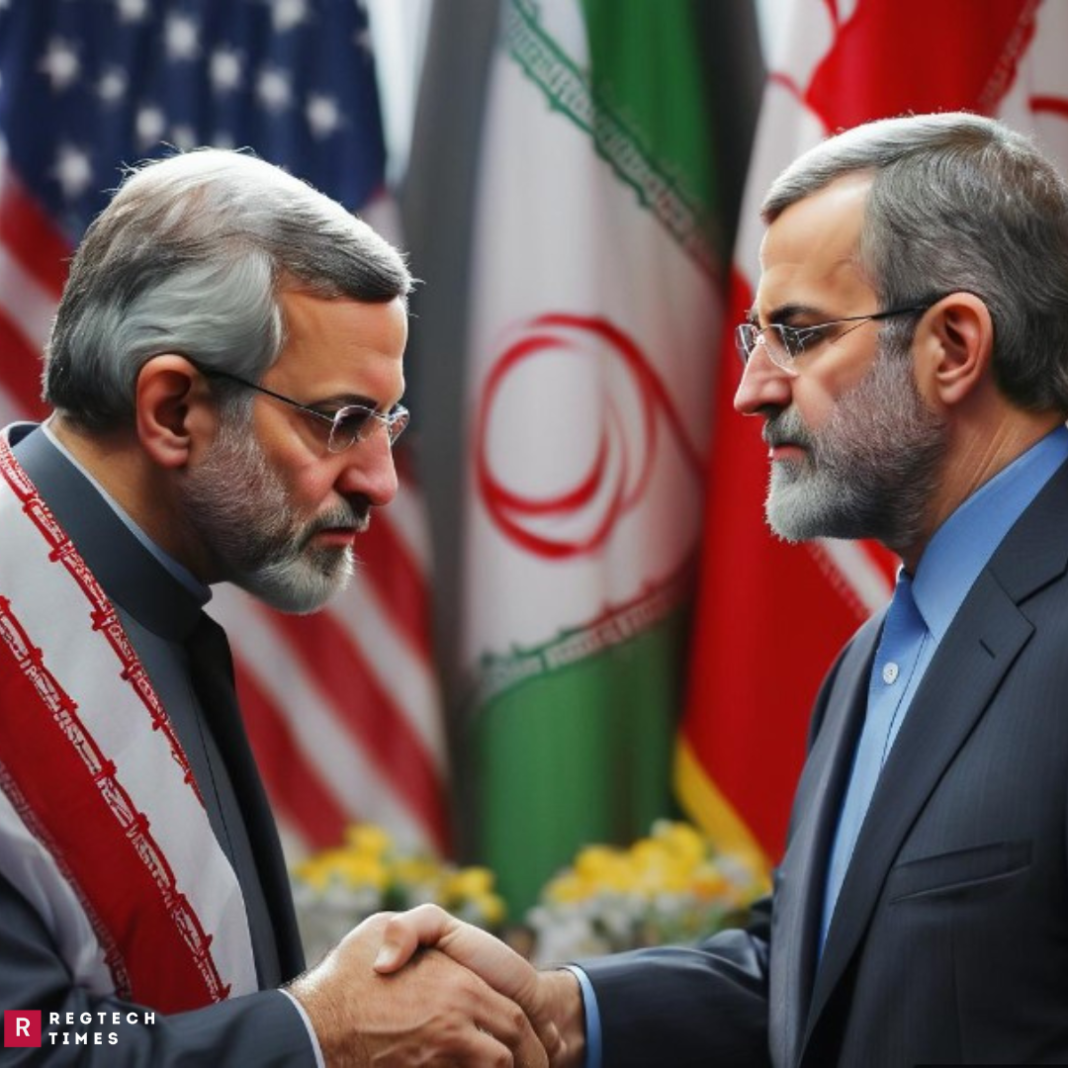The Iran Nuclear Deal, formally known as the Joint Comprehensive Plan of Action (JCPOA), marked a significant milestone in international diplomacy when it was signed in July 2015 under the Obama/Biden administration. This agreement aimed to curb Iran’s nuclear program in exchange for sanctions relief, offering a path towards regional stability and nuclear non-proliferation. However, recent revelations have shed light on the intricate dynamics between diplomatic negotiations and law enforcement imperatives, raising concerns about the intersection of foreign policy objectives and legal accountability.
The Joint Plan of Action (JPOA), initiated in November 2013, served as a precursor to the JCPOA, emphasizing the commitment to dialogue while maintaining the pressure of sanctions against Iran. President Obama’s declaration at the time affirmed the unwavering dedication to enforcing existing sanctions vigorously, reflecting bipartisan efforts spanning nearly two decades targeting Iranian entities involved in nuclear proliferation, ballistic missile development, terrorism support, and human rights violations.
Legal Framework:
Central to the U.S. strategy towards Iran were the Executive Orders authorizing authorities to scrutinize and penalize entities facilitating deceptive transactions for sanctioned individuals and organizations. This legal framework provided extensive powers to prohibit various transactions involving goods, services, or technology related to the United States, aiming to deter support for Iran’s objectionable activities while upholding international norms and obligations.
Congressional Oversight:
The Iran Nuclear Agreement Review Act of 2015 exemplified Congress’s commitment to overseeing the administration’s actions regarding Iran. By restricting the president’s authority to waive or provide relief from statutory sanctions without congressional review, this legislation reinforced the principle of checks and balances, ensuring that U.S. policies towards Iran remained consistent with congressional intent and national interests.
Interference Allegations:
Despite these legal mechanisms, recent disclosures have brought to light allegations of interference in law enforcement operations targeting individuals supporting Iran’s illicit activities. Specifically, concerns have been raised about the involvement of then-Secretary of State John Kerry in impeding FBI operations related to Iranian efforts, including those concerning weapons of mass destruction (WMD) and ballistic missile programs.
Unclassified FBI emails have revealed instances where State Department intervention allegedly obstructed law enforcement actions, resulting in missed opportunities to apprehend individuals engaged in illicit conduct. The purported political motivations behind these interferences have underscored the challenges in reconciling diplomatic objectives with the imperative of upholding the rule of law and combating transnational threats.
Challenges and Repercussions:
The alleged interference has highlighted the complex interplay between diplomatic negotiations and law enforcement imperatives. While diplomatic engagements aimed to prevent Iran from acquiring nuclear weapons and promote regional stability, concerns about hindering law enforcement actions have raised questions about accountability, transparency, and the integrity of international agreements.
Furthermore, the repercussions of such interference extend beyond domestic law enforcement to international perceptions of the United States’ commitment to enforcing sanctions and combating illicit activities. The erosion of trust in U.S. leadership could undermine global efforts to address Iran’s destabilizing behavior and set a dangerous precedent for future diplomatic engagements.
Addressing the Challenges:
To restore confidence in the integrity of the Iran Nuclear Deal and uphold the rule of law, concerted efforts are needed to ensure transparency, accountability, and adherence to legal mandates. Congressional oversight must be strengthened to prevent undue interference in law enforcement operations and hold accountable those responsible for compromising national security interests.
Additionally, interagency coordination between the State Department and law enforcement agencies is essential to clarify roles and responsibilities, foster mutual understanding, and prevent conflicts between diplomatic initiatives and law enforcement imperatives.
Conclusion for the Iran Nuclear Deal
The Iran Nuclear Deal represented a landmark effort to address international security concerns through diplomatic means. However, recent revelations of alleged interference in law enforcement operations have underscored the complexities and challenges inherent in balancing diplomatic negotiations with legal imperatives.
Addressing these concerns is essential to uphold the integrity of international agreements, ensure accountability, and maintain the credibility of sanctions regimes in preventing illicit activities. Only through a concerted effort to reconcile diplomatic goals with law enforcement imperatives can the United States effectively address the multifaceted challenges posed by Iran’s actions on the global stage, safeguarding national security interests and promoting stability in the Middle East and beyond.



